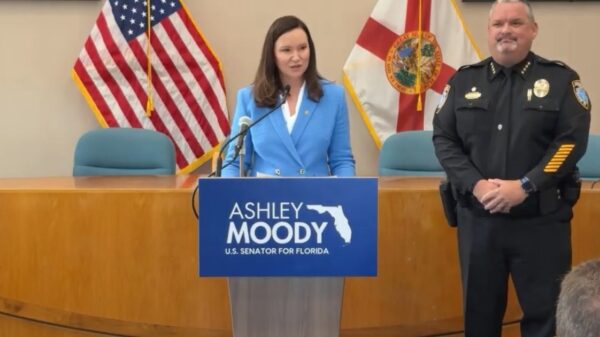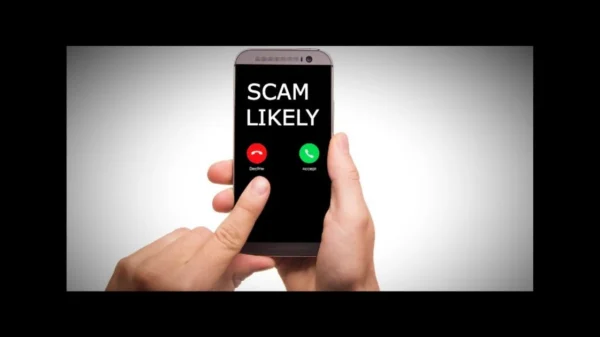Florida Attorney General Ashley Moody is leading efforts to pass the “Fraud and Scam Reduction Act.”
The act, from U.S. Rep. Lisa Blunt Rochester, D-Del., comprised of the “Stop Senior Scam Act” and the “Seniors Fraud Prevention Act,” will assist stakeholders in training employees to recognize the warning signs of elder fraud and to prevent irreversible damage to elderly victims.
Moody was joined by a bipartisan group of 47 other attorneys general writing in support of the bill to congressional leaders. The bill cleared the U.S. House last month and is now before the U.S. Senate.
“Florida is home to more than 5 million seniors and they deserve to enjoy their golden years free of worry from scammers trying to target them. That is why I am urging our congressional leaders to pass this important legislation. Senior protection has always been an important mission of my office and I will continue to fight to protect Florida seniors,” Moody said.
The Stop Senior Scams Act will establish the Senior Scams Prevention Advisory Group that is accountable to the Federal Trade Commission. The group will collect data generated by stakeholders such as retailers, financial services, and wire-transfer companies to help educate employees on how to identify and prevent scams that target seniors. The group will develop training and educational materials for those employees best suited to identify the warning signs of elder fraud.
The Seniors Fraud Prevention Act will establish the Office for the Prevention of Fraud Targeting Seniors—housed in the Bureau of Consumer Protection of the FTC.
The office will complement the efforts of the Senior Scams Prevention Advisory Group by:
- Monitoring emerging scams that target seniors through the mail, television, internet, telemarketing and robocalls;
- Disseminating information on common fraud schemes;
- Sharing information on how to report suspected senior fraud scams to a national fraud hotline and the FTC’s Consumer Sentinel Network; and
- The FTC will also work with the U.S. Attorney General’s Office to log and track complaints from victims and relay the information to the appropriate law enforcement agencies.
Moody led the bipartisan effort and is joined by attorneys general from: Alaska, Arkansas, California, Colorado, Connecticut, Delaware, District of Columbia, Georgia, Guam, Hawaii, Idaho, Illinois, Indiana, Iowa, Kansas, Kentucky, Louisiana, Maine, Maryland, Massachusetts, Michigan, Minnesota, Nebraska, Nevada, New Hampshire, New Jersey, New Mexico, New York, North Carolina, North Dakota, Northern Mariana Islands, Ohio, Oklahoma, Oregon, Pennsylvania, Puerto Rico, Rhode Island, South Carolina, South Dakota, Tennessee, Utah, Vermont, Virginia, Washington, Wisconsin and Wyoming.




















